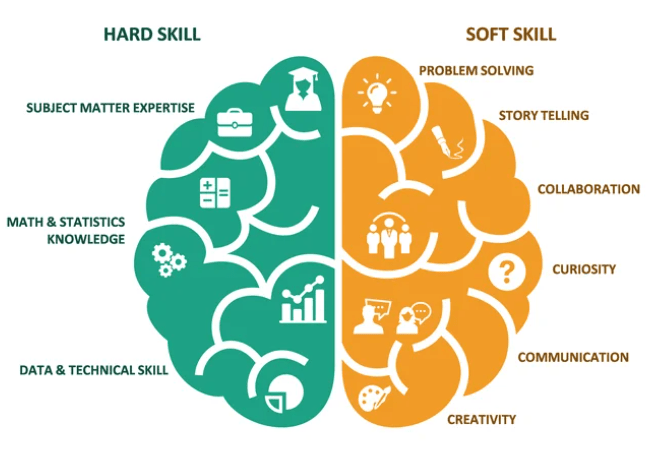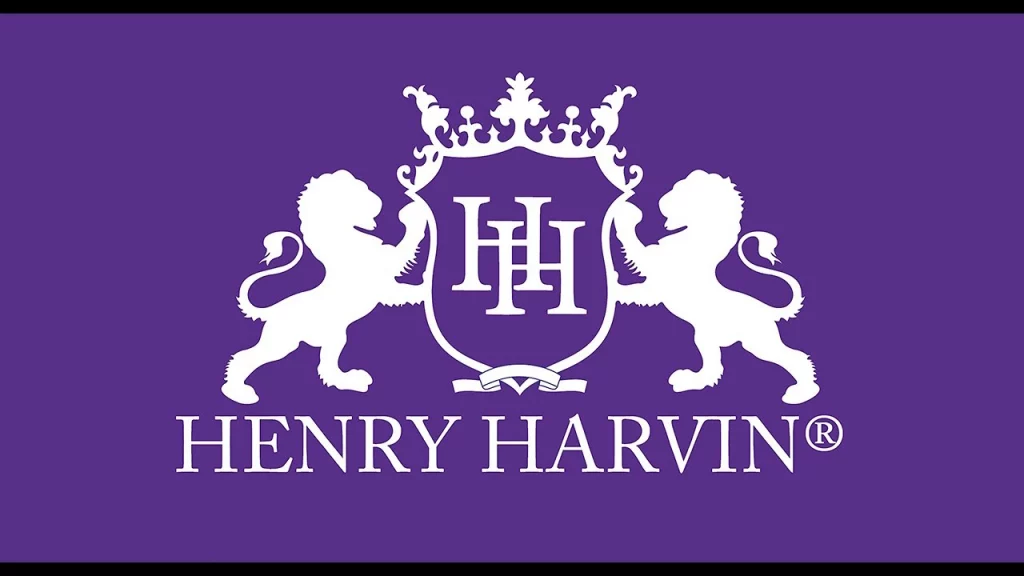
Training is the most important function in every company or organization. When the pupils are hired, the next step is to make them aware of the organization’s rules and regulations and train them according to the requirements of the organization, which include: Interpersonal Traits and Technical Traits. Corporate training is designed keeping in mind the environment, work culture and job requirements. Employees are trained on their interpersonal and behavioural characteristics along with updating them with the technical knowledge required for the job. Through Corporate Training Programmes, companies equip the employees with the skills necessary to navigate within the job, and the challenges that come with it, hence adapting to the evolving technologies and contributing to organizational growth.
However, whether more attention should be given to soft or hard skills remains a significant consideration for corporate companies. Most companies want a balance between both skills because they are equally important for an efficient work environment. Let us explore this field of soft skills and hard skills with a detailed explanation.
Understanding Soft Skills and Hard Skills
Soft skills refer to making employees accustomed to the work environment by updating interpersonal abilities, therefore encompassing communication, teamwork, leadership, adaptability, and problem-solving. These skills focus on how individuals interact with others and manage complex situations.
In contrast, Hard skills are technical knowledge or job-specific competencies, such as data analysis, software skills, programming languages, or operating machinery.
Corporate Training Courses often include both types of skills, but finding the right balance between soft skills and hard skills is essential for creating effective training that benefits employees in their roles.
Soft skills are increasingly recognized as crucial for encouraging productive and pleasant work environments. Corporate trainers often focus on the fact that while hard skills can get employees through the door, soft skills ensure long-term success within an organization. A lack of effective communication or an inability to collaborate can interfere with employees’ technical proficiency.

The points focused on soft skills training are:
- Improved Team Dynamics: Enhanced collaboration among team members is fostered when communication and emotional intelligence are prioritized.
- Adaptability to Change: In rapidly changing industries, therefore adaptability a core soft skill is often essential.
- Leadership Development: The ability to inspire and lead teams is shaped by strong interpersonal skills.
- Customer Relations: Organizations with employees skilled in empathy and communication tend to build stronger customer connections.
Corporate training companies frequently recommend soft skills as a central focus for leadership roles and customer-facing positions.
The Role of Hard Skills in Corporate Training
Hard skills are specific and measurable and are equally important for organizational success. Technical tasks and business operations cannot be executed without these competencies. Corporate trainers always emphasize that hard skills are particularly crucial in industries like IT, finance, and healthcare, where expertise and performance are sides of the same coin.
Benefits of Hard Skills:
- Technical Proficiency
- Increased Productivity
- Competitive Advantage
Corporate training companies often tailor programmes to include certifications and technical workshops hence, ensuring employees are updated with industry trends.
Striking a Balance in Corporate Training
Focus on soft skills or hard skills in corporate training aligns with an organization’s goals and what the organization is looking to achieve after the training is finished. The corporate Trainer is prepared to achieve a certain goal with its trainees. For example, a tech startup will prioritize hard skills because they are looking to build a technically adept team, whereas a service-based company will lean towards soft skills as they deal with customers daily and their main goal is customer satisfaction and improve customer interactions.
Corporate training programmes with Hanry Harvin balances both skill types and yield the most comprehensive results. At Henry Harvin by combining technical expertise with interpersonal acumen, employees are prepared to tackle challenges holistically.
Best Place for Corporate Training – Henry Harvin

Henry Harvin corporate Training is the place to connect for an outstanding experience and getting the training from the award-winning website is the right choice. Henry Harvin is a leader in corporate training. Joining hands with them will lead to successful Corporate Training Programmes which integrate both the skills. For instance:
- Leadership Development
- Customer Support Training
It is noticed that companies that tailor the training according to the needs of the organization tend to yield higher engagement and better retention rates, therefore Henry Harvin is the place taking care of all the requirements for the best corporate training programmes.
Henry Harvin Taking Into Account Emerging Trends like:
- Virtual Collaboration tools: Tools like Zoom, Microsoft Teams, and Slack are incorporated.
- Diversity and Inclusion Training: Cultural Sensitivity is prioritized to create inclusive workspaces.
- AI and Data Analysis: AI Technologies and Data Analytics have recently gained prominence.
These approaches in corporate training have a dynamic effect, hence combining both skill sets effectively.

Conclusion
Soft skills and Hard skills it is a debate that has no specific outcome. The answer lies with the specific needs of the organization, Corporate Training should comprise both skills, it should be the combination of both. Henry Harvin has the best trainers and team with advanced resources for the best Corporate Training Programs. The expertise of corporate training and tailored programs is delivered to fulfill the needs of the companies hence coming out with well-rounded teams, that are prepared for upcoming challenges and future opportunities. The employees are trained to communicate well with their peers in the inclusive environment and have apt tech knowledge as well. So without any wait let’s get in touch with the best and start the journey of corporate training with the balance of both skills.
Recommended Reads:
- Importance of training and development management in quality management.
- Top 15 Benefits Of Training Employees In The Workplace.
- Top 10 Effective Time Management Skills For Students.
- Top 10 Effective Tips For Team Management.
FAQs
1. What are soft skills?
Ans: Soft skills comprise teamwork, communication, and adaptability, hence all of which contribute to a cohesive work environment.
2. What are some examples of hard skills?
Ans: Data analysis, Programming, Financial modelling, and Proficiency in industry-specific software.
3. Soft skills can be measured?
Ans: It is difficult to measure soft skills like hard skills, but soft skills can be assessed through observation, like behavioural observations, feedback and performance reviews.
4. How do corporate training companies design corporate training programmes?
Ans: Corporate training companies assess organisational goals and employee skill gaps to create programmes that integrate both soft and hard skills.
5. Is online training as effective as in-person corporate training?
Ans: Virtual training is equally effective if interactive tools, real-time feedback, and engaging content are used to keep participants involved.
